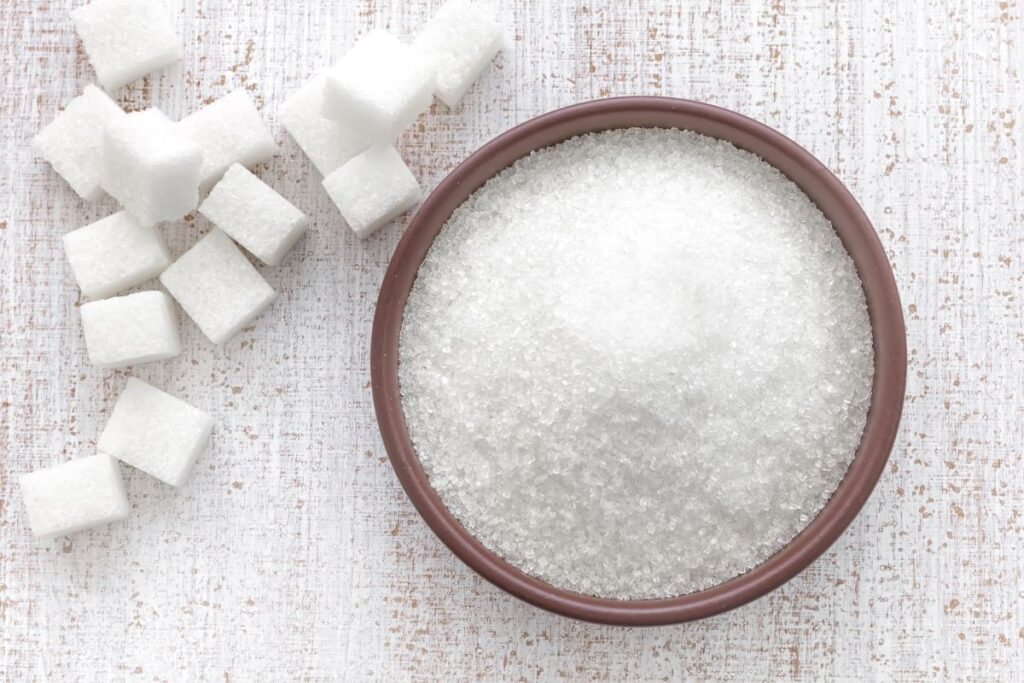Sugar and honey are two of the most commonly used sweeteners around the world. Both of these sweeteners are used in cooking, baking, and as a condiment. However, there are significant differences between the two that make one a better choice than the other. In this blog post, we will explore the differences between honey and sugar and why honey may be the better choice for those looking to improve their health.
First, it is essential to understand that “sugar is sugar.” This means that no matter the source, whether it is granulated sugar, brown sugar, honey, maple syrup, or agave syrup, they all contain sugar. Overconsumption of sugar in any form can lead to several health problems, including obesity, type 2 diabetes, heart disease, and tooth decay. Therefore, moderation is key when it comes to sugar consumption.

However, there are still differences between honey and sugar. Honey is a natural sweetener produced by bees from the nectar of flowers. It contains simple sugars such as glucose and fructose, as well as enzymes, amino acids, and antioxidants. On the other hand, sugar is a highly processed and refined sweetener derived from sugar cane or sugar beets. During the refining process, all of the vitamins, minerals, and other beneficial nutrients are stripped away, leaving only the simple sugars.
One of the main benefits of honey over granulated sugar is its convenience. Honey can be used as a natural sweetener in place of sugar in a variety of recipes, and it also has a longer shelf life than sugar. Additionally, honey is easier to measure, as it is a liquid, and can be easily added to drinks or drizzled over foods. Sugar, on the other hand, can be challenging to measure accurately and can clump or become hard over time, requiring additional processing to break it up. Honey also comes in a variety of flavors and textures, making it more versatile than plan granulated sugar.
Another significant difference between honey and sugar is their effect on blood sugar levels. While both honey and sugar can cause a spike in blood sugar levels, honey has a lower glycemic index than sugar. The glycemic index is a measure of how quickly a food raises blood sugar levels. Foods with a high glycemic index can cause a rapid spike in blood sugar levels, leading to an increased risk of developing insulin resistance, type 2 diabetes, and other health problems. Honey’s lower glycemic index means that it is less likely to cause a rapid spike in blood sugar levels than sugar.
Honey also has several health benefits that sugar does not. For example, honey contains antioxidants that can help protect the body from oxidative stress, which has been linked to several chronic diseases. Additionally, honey has antibacterial and anti-inflammatory properties, which may help reduce the risk of infection and inflammation in the body. Some studies have also shown that honey can help improve cholesterol levels and reduce the risk of heart disease. It also has indirect benefits when it comes to supporting local beekeepers.

While both honey and sugar are sweeteners, there are significant differences between the two. Honey is a natural sweetener that contains additional nutrients and antioxidants, is more convenient to use, has a longer shelf life, and has a lower glycemic index than sugar. While overconsumption of sugar in any form can be unhealthy, choosing honey over granulated sugar may be a better option for those looking to improve their health.
